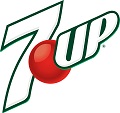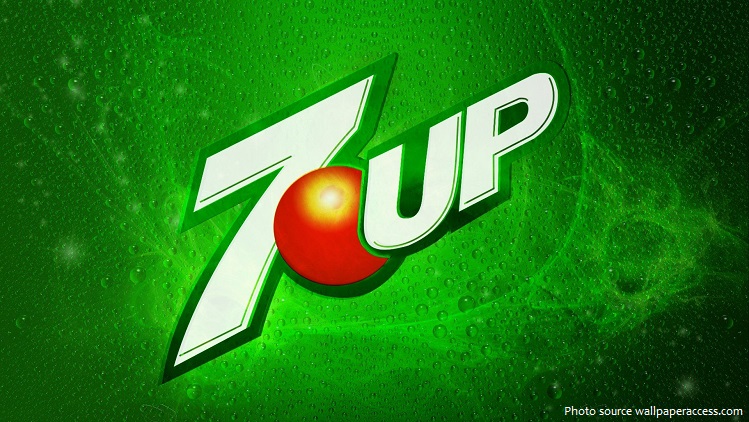
7 Up stylized as 7up outside the US is an American brand of lemon-lime-flavored non-caffeinated soft drink.
The rights to the brand are held by Keurig Dr Pepper in the United States and by 7 Up international in the rest of the world.
7 Up was created by Charles Leiper Grigg, who launched his St. Louis–based company The Howdy Corporation in 1920.
Grigg was born in 1868 in Price’s Branch, Missouri. As an adult, Grigg moved to St. Louis and started working in advertising and sales, where he was introduced to the carbonated beverage business.
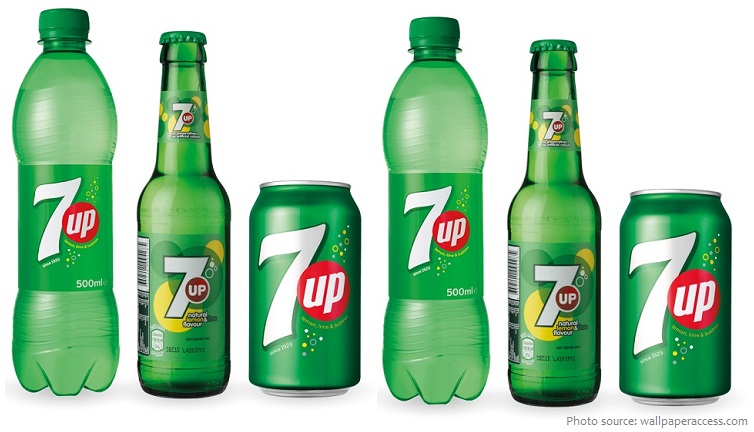
In 1929, Charles Leiper Grigg, who had been working in the soft drink industry for ten years, invented a beverage called “Bib-Label Lithiated Lemon-Lime Soda”. This moniker was considered to be too long, and
quickly shortened to 7UP Lithiated Lemon Soda.
The original formulation contained lithium citrate, which was used in various patent medicines at the times for improving moods. It has been used for many decades to treat manic-depression. It was popular to go to lithium-containing springs such as Lithia Springs, Georgia or Ashland, Oregon for this effect. It contained lithium until 1948.
7 Up was one of a number of patent medicine products popular in the late-19th and early-20th centuries.
Its name was later shortened to “7 Up Lithiated Lemon Soda” before being further shortened to just “7 Up” by 1936.
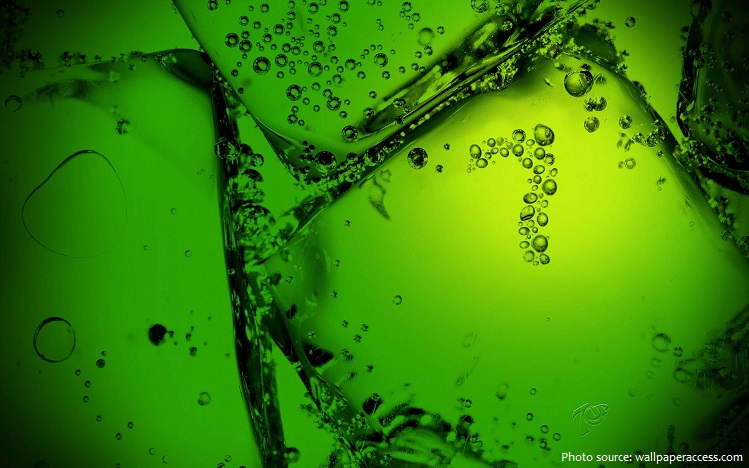
A myth exists that the 7 Up name comes from the drink having a pH over 7. That would make it neutral or basic on the scale – however, this is not the case, as the 7 Up pH is close to 3.79, making it acidic on the pH scale and similar to other drinks of this type.
The real origin of the name is unclear, though Britvic claims that the name comes from the seven main ingredients in the drink, while others have claimed that the number was a coded reference to the lithium contained in the original recipe, which has an atomic mass around 7. Britvic also claims that the name is a result of the fact that 7 Up was bottled in 7-ounce bottles (Coca-Cola and most other soft drinks were bottled in 6-ounce bottles).
Westinghouse bought 7 Up in 1969. Westinghouse Electric did not purchase the company – 7 Up was a privately held corporation by the original founding families until it was sold in 1978 to Philip Morris, who then in 1986 sold it in two parts: the international division to PepsiCo and the US business to a group led by the investment firm Hicks & Haas. In the US, 7 Up merged with Dr Pepper in 1988 – Cadbury Schweppes bought the combined company in 1995. The Dr Pepper Snapple Group was spun off from Cadbury Schweppes in 2008 – it merged with Keurig Green Mountain in 2018 to form Keurig Dr Pepper.
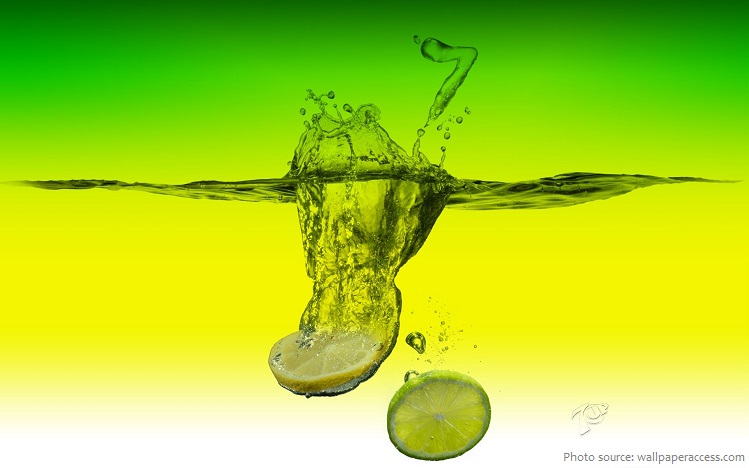
The US version of the 7 Up logo includes a red circle between the “7” and “Up” – this red circle has been animated and used as a mascot for the brand as Cool Spot. Before that, the mascot was a fictional character named Fido Dido created by Joanna Ferrone and Sue Rose. He is still used outside the US for the limited time only 7 Up retro cups.
Metal pedestrian crossing markers saying “Drink 7up Safety First” were installed in many US cities in the 1930s.
Fresh-Up Freddie was the rooster mascot for 7 Up in the 1950s. He gave viewers lessons about how to plan successful parties and picnics by having plenty of 7 Up on hand. The commercials were produced by Disney, giving the character the specific Disney look of the time.
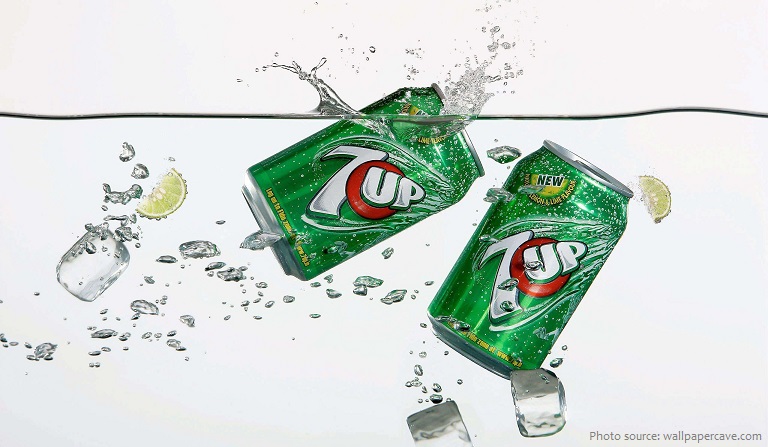
In 1987, 7 Up introduced Spot, the red-orange dot in the 7 Up logo anthropomorphized into a mascot. The character was used heavily in advertising and licensed items across the US, including the 1993 platform
video game Cool Spot.
The television cartoon character Fido Dido was used as a mascot from the late 1980s through the early 1990s, and was reintroduced in international markets in the early 2000s.
From the years 2002 to 2009, The 7 Up Christmas on Ice was an annual ice rink even taking place in several towns and cities around Ireland. More than 90,000 people attended the event in Smithfield, Dublin.
Commonly consumed cold with ice, 7 Up is also very well known as a mixer for highball alcoholic lemon-lime soda cocktails, the most popular version being the Seven and Seven – Seagram’s 7 Crown and 7 Up, or a “CC and Seven” – Canadian Club Whisky and 7 Up. 7 Up is also used in non-alcoholic punches.
